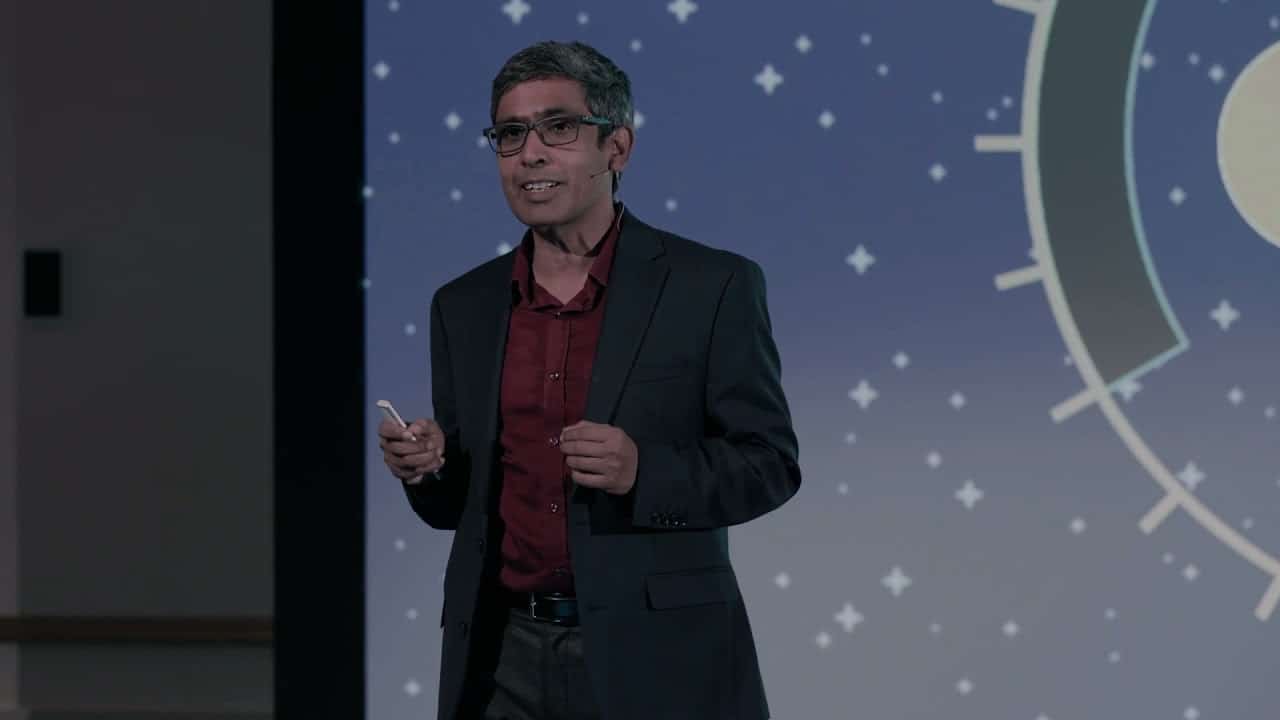*****
Summary of Transcript:
The circadian rhythm, present in every body organ, is a natural program that guides the timing of all bodily functions to optimize our performance, prevent disease, and improve our immune function, brain function, metabolism, and DNA repair mechanisms. The video discusses the importance of living at peak physical, emotional, and intellectual performance and how the science of circadian rhythm can help us achieve this goal. The speaker highlights various health issues that affect our peak performance, such as infectious diseases, chronic diseases, brain conditions, and injuries. The video then provides six simple rules for optimizing our circadian rhythms, which include getting eight hours of sleep, avoiding eating for at least an hour in the morning, practicing time-restricted eating/interrupted fasting, getting 30 minutes of daylight, exercising in the afternoon, and winding down before bedtime. The speaker stresses the effectiveness of these rules in improving health and preventing chronic disease.
*****
Summary of Description:
Satchin Panda, a circadian biologist at the Salk Institute for Biological Studies, is researching how the human body adapts to daily changes in light, temperature, and food availability. His work focuses on circadian rhythm and how it relates to aspects such as food timing, the functioning of the immune system, and inflammation. Panda has discovered specific genes, molecules, and cells that maintain the body’s circadian clock, including a blue light sensor in the retina that regulates sleeping and waking. Additionally, he has found that mice that eat within a 12-hour window are healthier and slimmer than those who eat during larger intervals, potentially offering a way to treat obesity and overeating disorders. Panda’s research suggests that mediating the circadian clock could also have therapeutic benefits for inflammation-related conditions such as cancer and infections.
*****
The Intricate Programming of the Human Body: Insights from Circadian Biologist Satchin Panda
The human body has evolved over millenniums to adapt to the predictable daily changes in light, temperature, and food availability. The body’s master clock governs this circadian plasticity, the suprachiasmatic nucleus (SCN), located in the hypothalamus. How do genes, molecules, and cells work together to keep the whole body on the same circadian clock? And how can we leverage this knowledge to reduce the disease burden and increase a healthy lifespan?
Enter Satchin Panda, a Circadian Biologist and professor at the Salk Institute for Biological Studies in La Jolla, California. Dr. Panda’s work explores the timing of food, its relationship with our biological clocks, and the circadian rhythm in general. His research has uncovered fascinating insights into how the circadian clock affects different systems in the body.
One of the key findings from Panda’s work is the importance of when we eat, not just what we eat. His experiments with mice have shown that those who eat within a set amount of time (12 hours) are slimmer and healthier than those who eat the same number of calories in a larger window of time. This “12-hour diet” could profoundly impact treating overeating disorders, diabetes, and obesity in humans.
But the circadian clock’s influence goes beyond metabolism. Panda also found that it mediates the immune system. Mice with a crucial circadian molecule missing had higher levels of inflammation in their bodies than other mice, suggesting that genes and molecules involved in the circadian clock could be drug targets for conditions linked to inflammation, such as infections or cancer.
Panda’s work has also uncovered a novel blue light sensor in the retina that sets the time to sleep and wake up daily. By understanding how these light sensors work, as we are cellular timekeepers in other body parts, we can better know that the circadian clock affects our health and well-being.
The circadian rhythm is a fascinating area of research that has the potential to transform human life and catalyze redesigning our world. Dr. Satchidananda Panda’s work is a testament to the power of basic science research in unraveling the mysteries of the human body.
*****
Source Description
Over millennium’s human body has been intricately programmed to adapt to the predictable daily changes in light, temperature, and food availability. Circadian Biologist Satchin Panda is working to discover biological principles underlying the circadian plasticity of the body and leverage it to reduce the burden of disease burden create a healthy lifespan. Learn more about how circadian rhythm discoveries can transform human life and catalyze redesigning our world. Satchidananda Panda
Professor Regulatory Biology Laboratory at Salk
Dr. Satchidananda Panda is a professor at the Salk Institute for Biological Studies in La Jolla, California. Satchin’s work deals with the timing of food and its relationship with our biological clocks governed by circadian rhythm and the circadian rhythm in general.
Professor Panda explores the genes, molecules, and cells that keep the whole body on the same circadian clock. A section of the hypothalamus called the suprachiasmatic nucleus (SCN) lies at the center of the body’s master clock. It gets input directly from light sensors in the eyes, keeping the rest of the body on schedule. Panda discovered how these light sensors work, as we cellular timekeepers in other parts of the body function. He also uncovered a novel blue light sensor in the retina that measures the ambient light level and sets the time to sleep and wake up daily.
In the process of exploring how the liver’s daily cycles work, Panda found that mice that eat within a set amount of time (12 hours) resulted in slimmer, healthier mice than those who ate the same number of calories in a larger window of time, showing that when one eats may be as important as what one eats. If the benefits of this “12-hour diet” hold in humans, it could profoundly impact treating overeating disorders, diabetes, and obesity.
The circadian clock, he found, even mediates the immune system. Mice with a crucial circadian molecule missing had higher levels of inflammation in their bodies than other mice, suggesting that genes and molecules involved in the circadian clock could be drug targets for conditions linked to inflammation, such as infections or cancer. This talk was given at a TEDx event using the TED conference format but independently organized by a local community. Learn more at https://www.ted.com/tedx.



Comments are closed